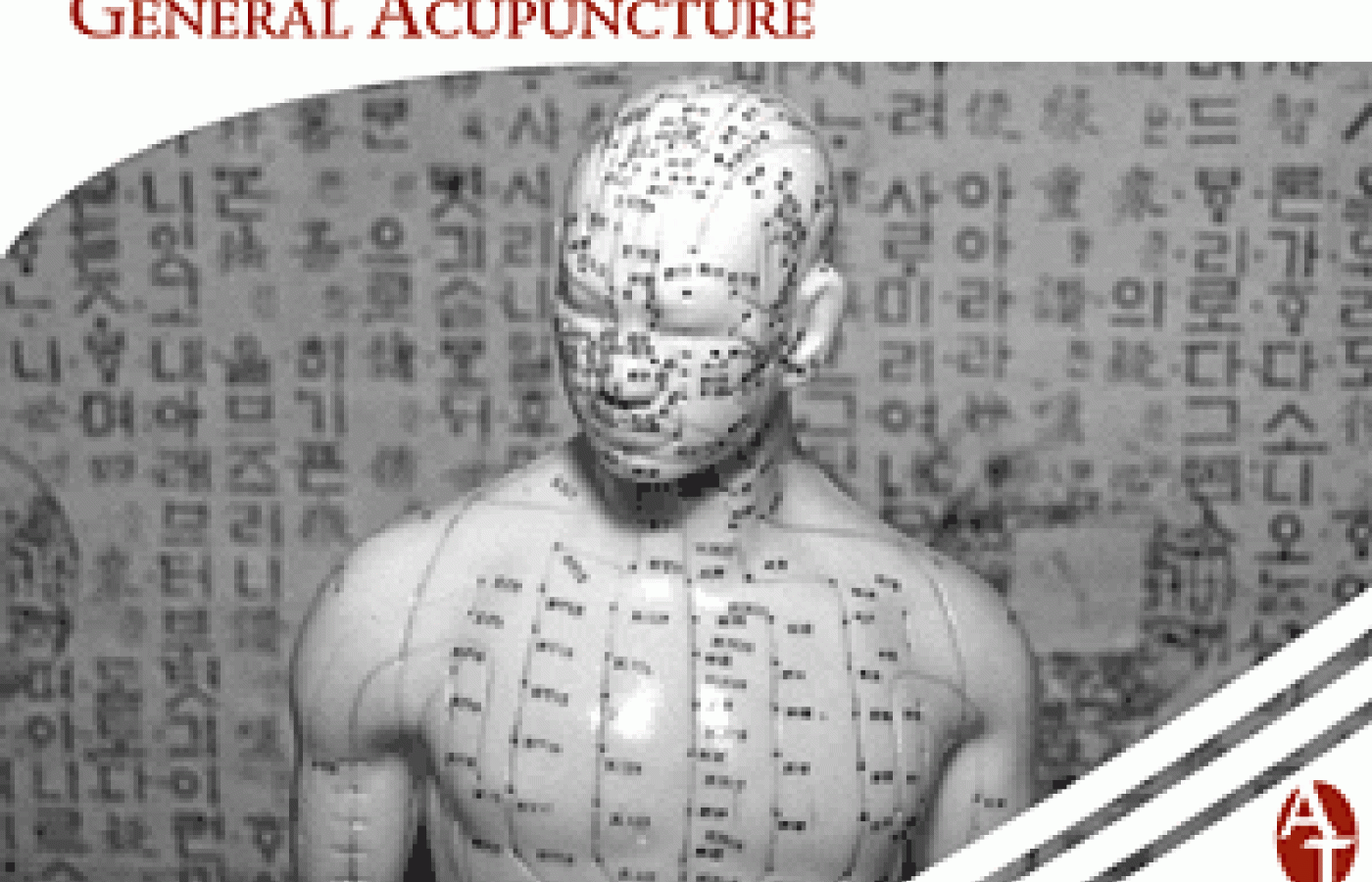The most important relationship I seek to nurture in the treatment room is the one a patient has with their own body. We live in a culture that teaches us to override pain, defer to outside authority, and push through discomfort. Patients often arrive hoping I can “fix” them, but the truth is, we can’t do the work for them. We can offer guidance, insight and support, but healing requires their full participation.
Using OM to Help Prevent Mental Health Issues Among Practitioners
It is a fairly well known fact that medical doctors use more prescription drugs than the general population, that they have a higher rate of suicide, and that they are less likely to seek help for mental issues like depression.
According to the British Medical Association, the UK Central Council for Nursing and Midwifery and the Office for National Statistics, RNs are also more subject to depression than the average population. According to a study published in the American Journal of Public Health, RNs are more likely to both smoke cigarettes and commit suicide. These professionals are generally considered to have a greater degree of responsibility associated with their work. Medical doctors and nurses tend to be overworked, overstressed, and often isolated from needed social support systems. And, they hardly ever go to see a doctor. That being said, physicians and RNs who don't fall into a situation of depression or other mental health issues tend to have very healthy habits: they exercise more, eat better, smoke less, earn more money, and receive better medical care than the average person. Thus, although there is definitely an elevated suicide risk for physicians, the vast majority of physicians do things that lead to healthier and longer lives.
I have wondered for some years whether we practitioners of Oriental Medicine are in a similar situation. We are faced daily with the stress of being providers of medicine, physicians of a sort, people who treat patients who have tried everything else and now come to us for a cure.
Those are conditions that may well affect our physical and emotional health. Many of us treat patients who have serious chronic illness, sad and sometimes seemingly hopeless stories, illnesses that are not going to go away, or great pain both emotional and physical. And, each of us has most likely suffered through the death of patients who were under our care. That's tough emotional stuff. Perhaps we have each experienced a clinical situation where you felt like crying while a patient was telling you her diagnosis but, of course, you didn't cry right they are in the treatment room. So when do we cry about it? or do we stuff it in? If so, we may be creating a monster. Isn't stagnated qi the bane of our existence? Don't we all encourage our patients to express their emotions, release stress, grief, etc.? Even allopathic medicine practitioners agree that emotional stress causes physical symptoms/disease.
Are we up to the pressures of providing medical care? Are we up to it both in terms of our skills and our emotional stability? You may notice that many recertification programs don't include courses that teach "self-care" i.e., care of the practitioner. Many, if not most continuing education programs for practitioners of OM, are built to promote competence and safety of OM for the protection of the public. I understand the necessity of this mission but what about us? As I write this article I ask each of you to consider the state of your health.
When I teach pulse diagnosis I feel the pulses of some of the practitioners in the classes. Very often I ask: "do you get treatment? take herbs?" About 90% of the time the answer is "no." Some say that they don't have access to a practitioner; they live too far away from one; they're too busy in their practice to make time for acupuncture. There we have it! Overstressed, overworked, not taking advantage of the support system that may be offered by your peers. Sound familiar?
We could do a small study about this topic. Here it is: answer these five questions and send the answers directly to me at DrMLucas@AcupunctureWoman.com. I will publish the results in my next article.
- How do you feel? (i.e., how's your health?)
- Do you receive acupuncture?
- Do you take Chinese herbal prescriptions?
- Is OM your first choice when you feel that you have a health challenge?
- Tell me if you regularly receive or practice other OM therapies – Qi gong, Tuina, cupping etc.
Finally, if we believe that our medicine is the quintessential preventive medicine, then why aren't we using it to prevent the decline of our own health? Life in the 21st century is fraught with cynicism. Perhaps it has pervaded our medicine as well. Or, maybe it's just like the old phrase says: "the cobbler's children have no shoes."
References
- Am J Public Health. 1993 February; 83(2): 249–251.



